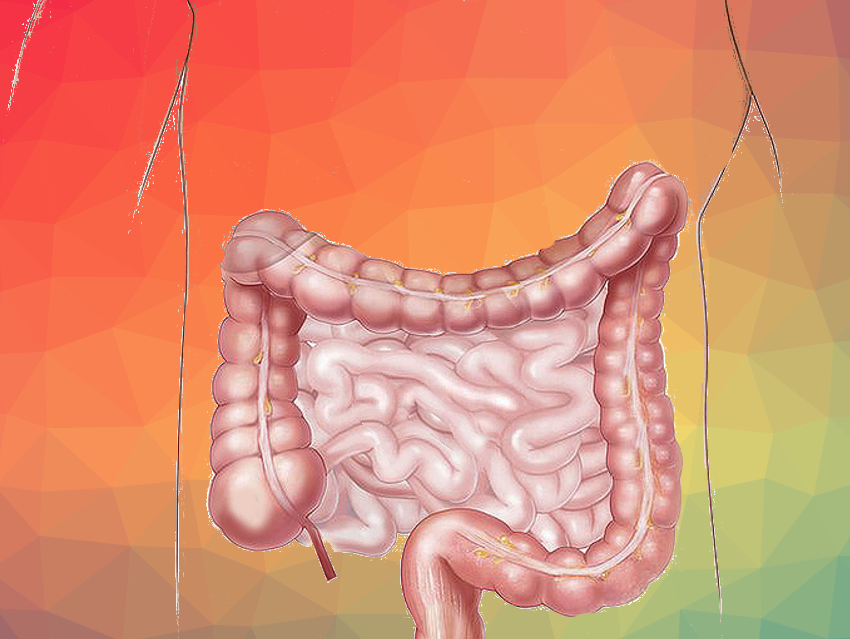Jakob Wirbel, European Molecular Biology Laboratory, Heidelberg, Germany, and colleagues have investigated the composition of the intestinal flora of healthy people and such with cancer of the colon to analyze a possible connection between cancer of the colon and bacterial colonization. The researchers used shotgun metagenomics to analyze microbial DNA in stool samples from a total of 768 cancer patients from different countries on three continents. The scientists identified 29 bacterial species that are particularly common in people with colon cancer. These include Fusobacterium nucleatum and Bacteroides fragilis.
Further investigations revealed that some of these germs can have harmful effects in different ways. Some classes of microbes, for example, metabolize bile acids into carcinogenic substances. Others degrade choline in meat and other foods to potentially dangerous metabolites. The results of meta-analysis support a model according to which microbes – possibly many different ones – contribute to or benefit from tumorigenesis.
The results are consistent for people from regions as diverse as Germany, China, and the USA, although the composition of the intestinal flora is influenced by diet, lifestyle, and other environmental factors. According to the researchers, this speaks for the importance of the identified microbial signatures.
In a next step, the researchers want to incorporate further data into their analysis to better understand the role of the microbiome. In the future, these characteristics of the intestinal flora could serve as biomarkers for non-invasive screening methods and thus open new diagnostic possibilities. At the same time, the question arises as to whether the microbiome can be modulated to prevent the colonization of certain harmful species.
- Meta-analysis of fecal metagenomes reveals global microbial signatures that are specific for colorectal cancer,
Jakob Wirbel, Paul Theodor Pyl, Ece Kartal, Konrad Zych, Alireza Kashani, Alessio Milanese, Jonas S. Fleck, Anita Y. Voigt, Albert Palleja, Ruby Ponnudurai, Shinichi Sunagawa, Luis Pedro Coelho, Petra Schrotz-King, Emily Vogtmann, Nina Habermann, Emma Niméus, Andrew M. Thomas, Paolo Manghi, Sara Gandini, Davide Serrano, Sayaka Mizutani, Hirotsugu Shiroma, Satoshi Shiba, Tatsuhiro Shibata, Shinichi Yachida, Takuji Yamada, Levi Waldron, Alessio Naccarati, Nicola Segata, Rashmi Sinha, Cornelia M. Ulrich, Hermann Brenner, Manimozhiyan Arumugam, Peer Bork, Georg Zeller,
Nature Med. 2019.
https://doi.org/10.1038/s41591-019-0406-6



